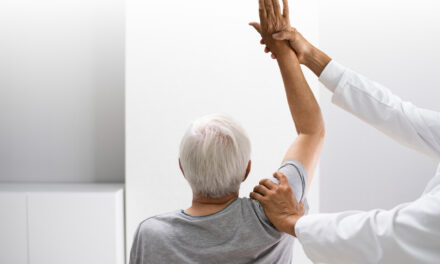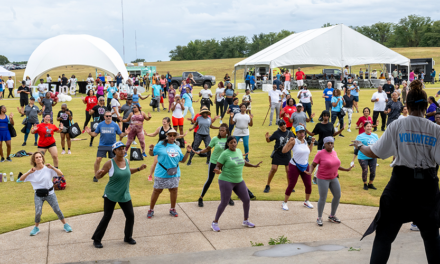What is your core?
Your core, which consists of a centralized group of muscles, is essential for more than just getting a six-pack. It plays a key role in your well-being. The core includes the ribcage, spine, stomach, hips, and pelvis. It acts as the body’s natural support system, providing a sturdy base for the rest of the body. A strong core is less about washboard abs and more about how effectively your entire body works.
How is your core affecting you?
A dysfunctional core can show up at various places in your body; you may find unresolving aches and pains, repeated patterns of injuries, pelvic floor issues, persistent low back pain, or Sciatica that never completely goes away. If a tree trunk isn’t sturdy and well-rooted, the branches won’t stay aligned. No matter how much you trim them, the problem is in the trunk. Once the trunk is strong and balanced, the branches will align naturally. In the same way, your core supports your entire body, but until it’s stable, other issues won’t fully be resolved.
Is pelvic floor therapy the same as core work?
Your pelvic floor is at the base of your core and controls the bladder, uterus, bowel, and sexual organs. A dysfunctional pelvic floor might cause back pain, constipation, pelvic organ prolapse, overactive bladder, pain during intercourse, or incontinence. In my work, I address the pelvic floor while also tending to your core, promoting overall health. In my extensive experience, treating only the symptoms of pelvic floor issues doesn’t prevent future problems. I have noticed a pattern: patients would come to my office even after their pelvic floor symptoms were treated successfully. The treatment gave them short-term relief, but the results didn’t last because the real problem, a core dysfunction, was never addressed.
Who are my clients?
I mostly work with anyone who is experiencing pelvic and core dysfunctions, treating a wide range of ages and activity levels. Most often, I work with women dealing with core dysfunction, as pregnancy and surgeries can significantly impact their core system. Suppose these issues aren’t addressed in the early postpartum or post-op period. In that case, I often see these women later in life, particularly around and after menopause, when core dysfunction begins to affect bladder function, pelvic health, and overall health.
Why does core work matter to me?
After decades of learning and hands-on experience, I’ve become expertly focused on pelvic and core health. My personal journey sparked my passion for this field, and to ensure I provide the best care possible, I’ve sought out training from experts around the world. One thing I’ve noticed over and over again is that core dysfunction is most certainly the hidden cause of aches and pains. We can achieve real, long-lasting results by focusing on this root issue.
Dr. Sonal Barad is the founder of Beyond Core Wellness. She is a board-certified Pelvic Rehab practitioner. For more Health tips, visit @beyondcorewellness on IG and reach out at Beyondcorewellness.com.
By Dr. Sonal Barad







